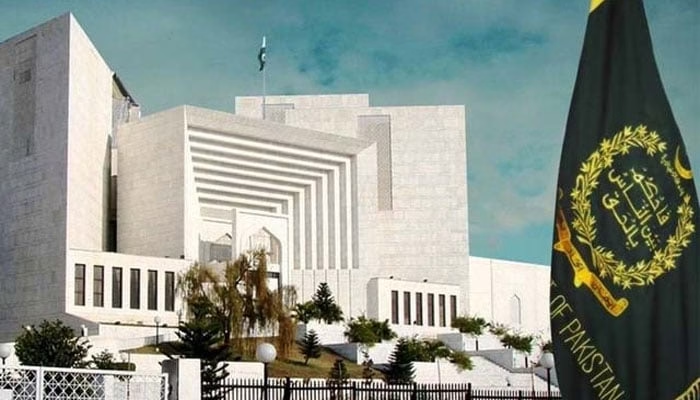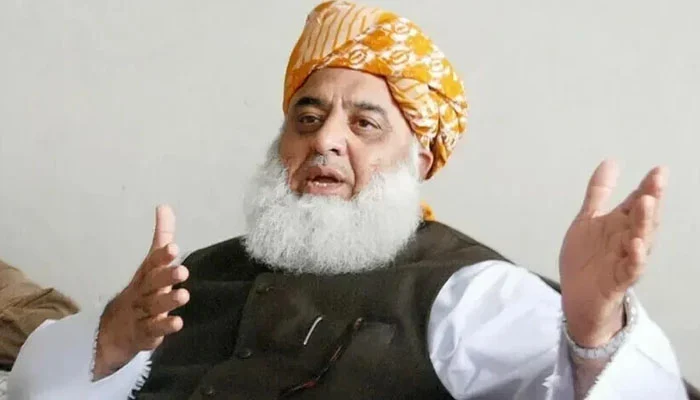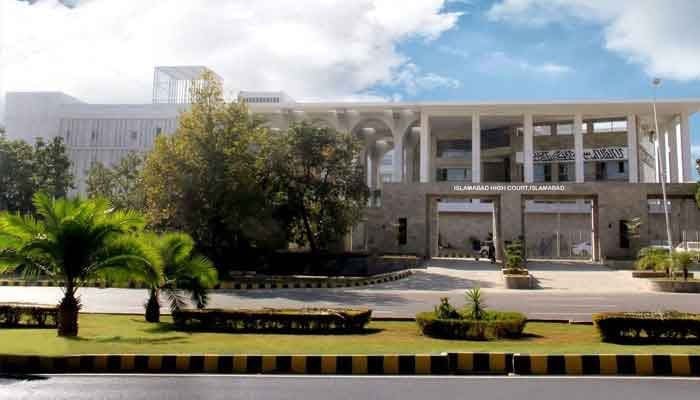In a groundbreaking development, the Supreme Court of Pakistan has emphasized the need for comprehensive guidelines on the use of artificial intelligence (AI) in the judicial system. The recommendation was made in an 18-page decision authored by Justice Mansoor Ali Shah, who acknowledged the potential of AI technologies such as ChatGPT and DeepSec to significantly enhance the efficiency and effectiveness of legal proceedings.
AI as a Legal Assistant, Not a Judge
The court’s ruling clearly outlines that AI tools should be used strictly as supporting resources, not as replacements for judicial autonomy or human judgment. According to Justice Mansoor Ali Shah, while AI can play a significant role in legal research and draft preparation, it cannot and must not replace the decision-making process of a human judge.
“AI is only an auxiliary tool,” the ruling stated. “It should be viewed as a facilitator, not a decision-maker. The essence of justice lies in human understanding, empathy, and discretion—elements that machines cannot replicate.”
International Practices Cited
The court acknowledged that many judges across the globe have already begun incorporating AI to aid in legal processes, especially in areas such as research and drafting legal opinions. Countries like the United States, the United Kingdom, and China have explored AI-powered tools to assist judges, attorneys, and clerks with streamlining repetitive legal tasks, thereby saving time and reducing workloads.
Justice Mansoor Ali Shah noted that these practices demonstrate how AI can enhance judicial productivity without compromising the integrity of justice.
Need for Regulated Implementation
To ensure responsible and ethical AI integration into the legal domain, the Supreme Court recommended that Pakistan’s Judicial Reforms Committee and the Law and Justice Commission develop formal guidelines. These guidelines will outline:
- Scope of AI usage in legal research and opinion drafting
- Ethical limitations and human oversight requirements
- Data protection and privacy considerations
- Clear definitions of AI’s non-decisional role in judicial processes
The decision emphasized that without structured regulations, AI usage may lead to misinterpretation, privacy violations, or miscarriage of justice, particularly if relied upon without appropriate human review.
A Step Toward Modern Judicial Reforms
The Supreme Court’s move is being hailed as a progressive step toward legal modernization in Pakistan. As the judicial system grapples with backlogs and slow case proceedings, the use of AI could significantly reduce delays and improve legal accessibility for citizens.
Legal experts believe this is an opportunity for Pakistan to set a balanced precedent—embracing technology while upholding judicial principles. AI tools like ChatGPT, for instance, can quickly summarize laws, generate case references, and assist in formatting detailed verdicts, allowing judges more time to focus on critical thinking and fair interpretation.
Concerns and Cautions
Despite its many advantages, the court has issued a word of caution regarding over-reliance on AI. It stressed that artificial intelligence is not infallible and that machine learning tools may sometimes carry biases based on the data they’re trained on. Therefore, AI-assisted content should be treated as a first draft rather than a final judgment.
Judges must review AI-generated information critically,the decision stated. “Final rulings should reflect a judge’s legal reasoning, moral compass, and deep understanding of human context—none of which a machine possesses.
Way Forward for AI in Law
With this landmark decision, the ball is now in the court of Pakistan’s legal and judicial bodies to create a transparent and responsible framework for AI usage. These forthcoming guidelines will define:
- Training modules for legal staff on AI integration
- Standards for transparency in AI-generated research
- Protocols for verifying the accuracy of AI-provided content
- Limitations to prevent AI from influencing judgment-based rulings
Once these guidelines are in place, Pakistan will join the ranks of technologically progressive legal systems that value both innovation and integrity.
The Supreme Court’s push for AI guidelines marks a milestone in Pakistan’s legal transformation. By embracing tools like ChatGPT and DeepSec while firmly preserving human judicial authority, the judiciary aims to create a smarter, faster, and fairer system.
This balanced approach could reshape how justice is served in the digital age—where technology supports judges, but doesn’t substitute them. As Pakistan moves forward, careful planning and ethical implementation will be key to realizing the full potential of AI in law.



